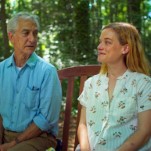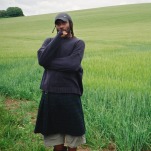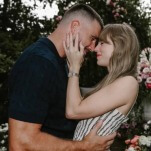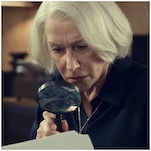The Stars of The Hunting Wives On the Series’ Confident Identity, Their Characters’ Volatile Relationship, and More
(Photo: Netflix)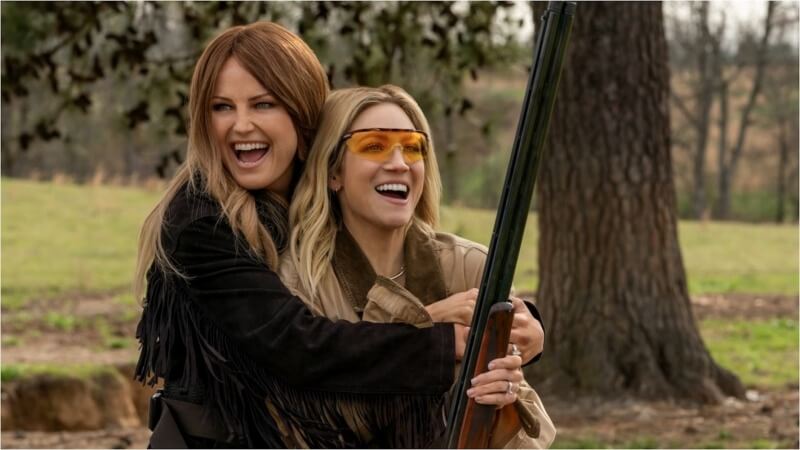
Netflix’s The Hunting Wives is quintessential summer escapism, a scandal-filled, soapy thriller about a group of high-end housewives who plot, scheme, seduce, drink… and maybe even commit murder. Based on the book by May Cobb, the story follows East Coast transplant Sophie O’Neill (Brittany Snow) as she moves to East Texas with her family in an attempt to escape the trauma that haunts her.
What she finds is a world of secrets, obsession, and a not insignificant number of personal firearms. And at the center of it all sits social queen Margo Banks (Malin Akerman), wife of an oil billionaire (Dermot Mulroney) with eyes on the governor’s mansion. The friendship that immediately springs up between the two is intense and complicated, a mix of genuine affection and overt fascination that steadily blurs the line between admiration, desire, and straight-up obsession.
We had the chance to chat with series stars Malin Akerman and Brittany Snow about the soapy thriller series and its confident sense of self, and break down the complicated relationship between their characters.
![]()
Paste Magazine: I loved the book that The Hunting Wives is based on. May Cobb is such a cool author, and I love, especially this time of year, a really good soapy thriller because it feels like that’s about what my brain can handle in the heat.
Malin Ackerman: Totally.
Paste: But I’d also love to hear about what you guys think is so appealing about stories like this, and what about The Hunting Wives, specifically, spoke to you.
Brittany Snow: This show is exactly what it’s supposed to be. I don’t know if this was true for Malin, but for me, when I first met the producers, they said to me, ‘This show is supposed to be fun. It’s salacious. There’s so much danger. There are murders and sex and guns and all these things, but it knows what it’s doing and what supposed to be.
I think that’s a big part of what really drew me to it. I just wanted to have a great time with some deep, nuanced characters that get to explore all these different things women go through that aren’t necessarily always seen in these types of shows. Sometimes, the summer, binge-y, beach read shows are just pretty, all fun and surface stuff. They don’t delve into any sort of intricacies. I liked that this show had both, and thought it was something I’d definitely watch. In fact, I thought I’d be mad if I saw it on Netflix and I wasn’t in it. So that’s how I knew it was good.
Akerman: That’s a great way to put it. For me, getting the scripts was really fun. Normally, we get a pilot episode, and that’s all you get—you have to hope that the character arc is great. So this was really, really wonderful to get all eight episodes [at the start] and see where the characters went and how multi-dimensional they are. Just like Brittany said, I always look for something that’s grounded. That’s not a caricature, that’s not vapid and just fluffy. That doesn’t mean that it can’t still be fun and salacious and everything you want in a show like this.
I couldn’t stop reading the script. It was a page-turner, and I just thought, oh my God, if it reads like this, and we execute it properly, this is going to be a seriously binge-worthy show, and I’m all for it. I would watch it too, absolutely. I was all in from page 10.
-

-

-

-

-

-

-

-

-

-

-

-

-

-

-

-

-

-

-

-

-

-

-

-

-

-

-

-

-

-

-

-

-

-

-

-

-

-

-

-

